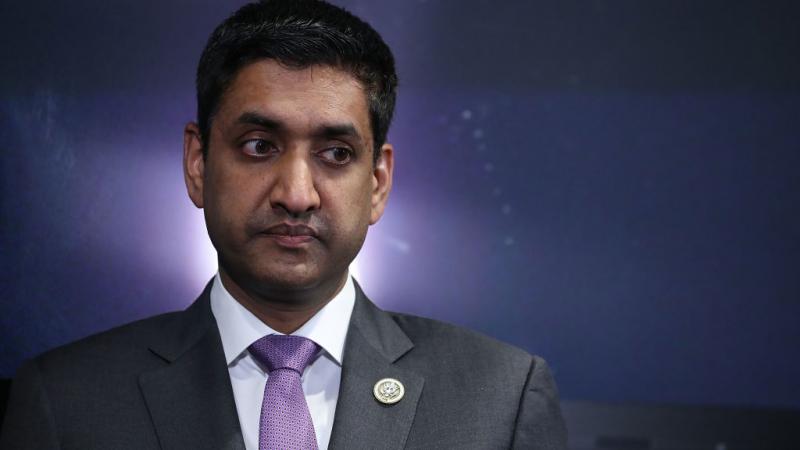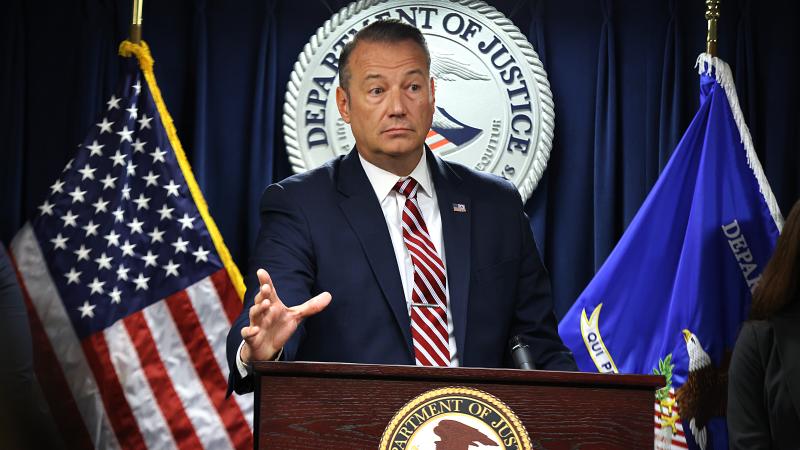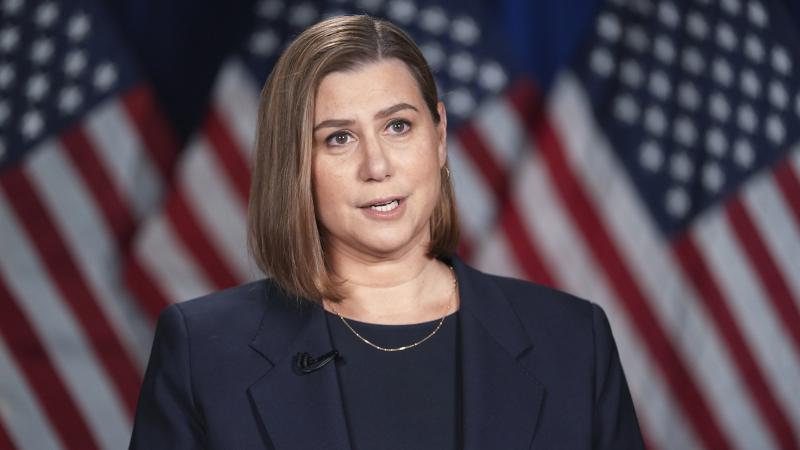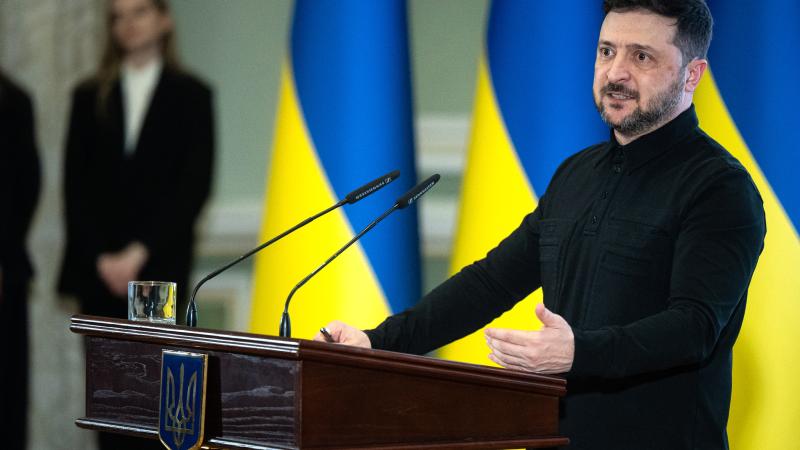Risk of losing $1B leads U of Missouri to end DEI position, continue programs
While other state universities laid off staff when DEI was eliminated, no staff will be eliminated at Missouri other than the vice chancellor position.
University of Missouri President Mun Choi had sleepless nights thinking about losing $1 billion in state funding due to diversity, equity and inclusion programs.
On Tuesday, Choi helped his insomnia by eliminating what the university called the "Inclusion, Diversity and Equity" office. He reassigned programs to the Division of Student Affairs, the Office of the Provost and the Division of Marketing and Communications. Choi estimated the cost savings of the changes to be $6 million.
“I always think about our support from the state of Missouri because it’s the largest single-source of revenue for the university,” Choi told reporters. “So, yes, it does keep me up at night, not only because of DEI legislative mandates but all of our activities.”
Last week, Maurice Gipson, vice chancellor for Inclusion, Diversity and Equity, announced he was leaving the university after approximately four years to be interim president at Philander Smith University in Little Rock, Ark. Choi said ongoing conversations with Gipson during the last few months and current attitudes toward DEI led to the change.
In an email sent Tuesday to the campus, Choi noted 14 states had bills eliminating DEI become law. While other state universities laid off staff when DEI was eliminated, no staff will be eliminated at Missouri other than the vice chancellor position.
“In the Missouri Legislature, 13 pieces of DEI legislation were introduced during the past two years,” Choi wrote. “Our proactive responses played a role in averting the passage of these bills. These responses included the elimination of diversity hiring statements; the ending of race-conscious admissions and scholarships; and ensuring that inclusion means inclusion for all.”
DEI programs started at the university after protests in Ferguson in 2014. Choi disagreed with the perception the university was moving away from programs added during the last 10 years and emphasized all student services will remain.
“Those programs are still there,” Choi said. “I would strongly disagree with the characterization that this is drifting away. We’re continuing our commitment to ensuring that each of our students we bring into our university is provided the opportunity to succeed. And that’s important for me and the University of Missouri.”
University officials expressed appreciation to Republican Gov. Mike Parson and state legislators in June for approving $504.6 million in core funding, a 3% increase. An additional $104.4 million was allocated to support students pursuing doctorate degrees in medicine, veterinary medicine, optometry, dentistry and pharmacy.
Approximately $450 million from state general revenue and federal pandemic American Rescue Plan Act funds was authorized for 11 projects at four campuses in the university system. The largest amount will be $138 million for capital improvement projects for the University of Missouri-Columbia’s NextGen radiopharmaceutical, animal science and health care engineering programs.
“I’m always thinking: Are we meeting the needs of Missouri as a university because we are the University of Missouri?” Choi told reporters. “We receive so much from the state of Missouri and the taxpayers to support the important work that we do. So, yes, funding for the university is always on my mind, whether (I'm) awake or not.”
















